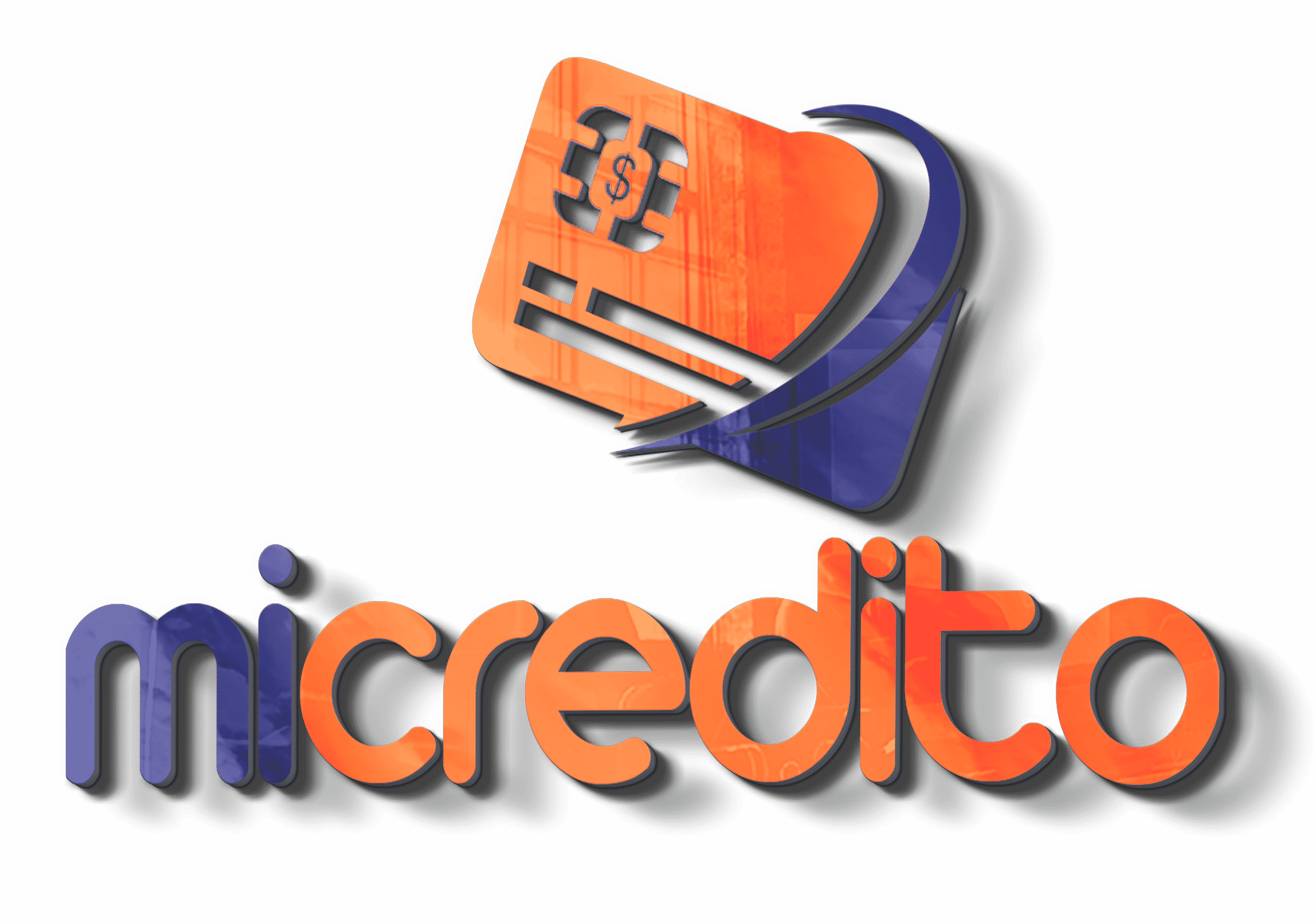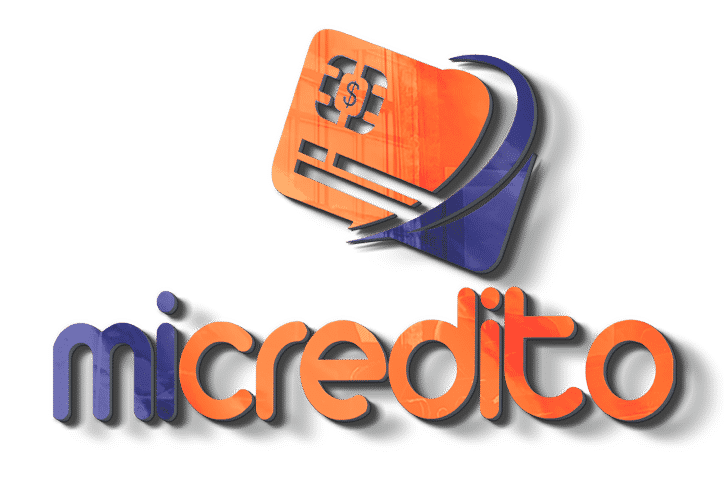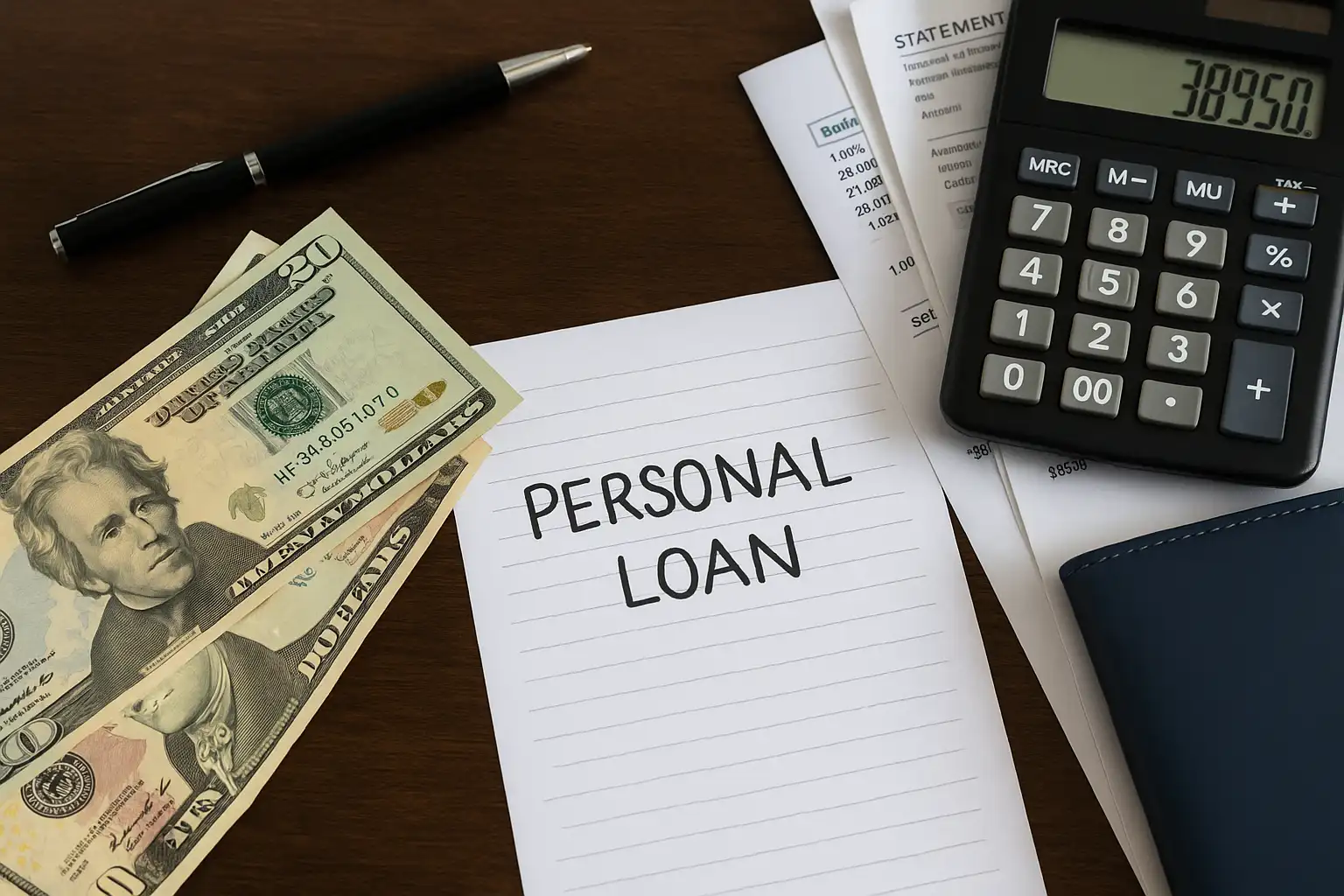When planning a major purchase, choosing the right financial tool can make all the difference. Personal loans and credit cards each offer unique advantages, but they serve different purposes depending on your financial goals, habits, and long-term plans. Are you looking for a straightforward solution with predictable payments, or do you prefer the flexibility of revolving credit?
This article will guide you through the core differences between personal loans and credit cards, exploring their distinct benefits and drawbacks to help you make an informed choice. Let’s dive into what each option entails, how they differ in structure, flexibility, and costs, and ultimately, which one might be the best for your next significant purchase.
Personal loans – stability and structure for your finances

Personal loans are often seen as a reliable choice for financing large purchases. They come with fixed interest rates, set monthly payments, and a clear repayment schedule, making them an appealing option for those who value predictability. When you take out a personal loan, you receive a lump sum upfront, which is repaid over a predetermined period, usually between 12 to 60 months.
This setup provides a straightforward path to repaying your debt, with each payment bringing you closer to being debt-free without surprises. One of the standout advantages of personal loans is that they typically offer lower interest rates compared to credit cards, especially for borrowers with a good credit score.
For instance, if you’re financing a high-value item like furniture, medical expenses, or even a used vehicle, a personal loan can provide the necessary funds without the risk of fluctuating interest rates. Many lenders offer competitive rates, and some even allow you to pre-qualify without impacting your credit score, so you can shop around to find the best terms and lowest rates.
Personal loans also tend to come with fewer fees than credit cards. While you may encounter an origination fee or processing fee at the beginning, these are usually one-time charges, unlike credit cards, which may carry ongoing fees. However, personal loans have some limitations. Since the loan amount is fixed once you’re approved, you cannot borrow more without applying for an additional loan.
This lack of flexibility can be a disadvantage if unexpected expenses arise after you’ve taken out the loan. Furthermore, personal loans often require a higher credit score for approval, and the best interest rates are typically reserved for those with excellent credit. In short, personal loans offer a structured and often more affordable way to finance big purchases, but they require commitment and may lack the adaptability of credit cards.
Credit cards – flexibility and rewards for everyday spending
Credit cards are known for their convenience and flexibility, allowing you to make purchases up to your credit limit and pay off the balance over time. Unlike personal loans, credit cards are a form of revolving credit, meaning you can use your credit line repeatedly as you pay down the balance. For large purchases, this feature can be beneficial, especially if your financial needs fluctuate or if you anticipate variable expenses in the future.
Credit cards provide immediate access to funds, which can be helpful for emergency expenses or unplanned purchases. One of the significant benefits of using a credit card for large purchases is the potential for rewards. Many credit cards offer points, cashback, or travel miles on every dollar spent, which can add up over time and effectively reduce the cost of your purchase.
If you’re planning to buy a big-ticket item, like a new TV, electronics, or furniture, using a credit card with a solid rewards program can make your spending work for you. For instance, if you earn cashback on your purchase, it can offset some of the costs, making credit cards an appealing choice for savvy spenders. However, there are potential downsides.
Credit cards generally come with higher interest rates compared to personal loans, especially if you’re unable to pay off your balance in full each month. Interest on unpaid balances is often compounded daily, which means debt can accumulate quickly if not managed carefully. Furthermore, credit card debt can negatively impact your credit score if it leads to high utilization, making it harder to access favorable credit options in the future.
Choosing the right option for your financial goals
Choosing between a personal loan and a credit card for a large purchase depends largely on your financial goals, budget preferences, and spending habits. If you’re someone who values structured payments and wants to avoid unexpected interest hikes, a personal loan might be your best bet. Personal loans provide a predictable repayment path with consistent monthly payments, which can make it easier to stick to a budget.
Since these loans typically have lower interest rates, they’re also a better choice if you’re financing a large expense that would be difficult to pay off within a few months. On the other hand, if you value flexibility and enjoy the perks that come with rewards programs, a credit card could be the more attractive option.
Credit cards offer the freedom to make purchases as needed, pay down the balance over time, and even earn rewards for each dollar spent. For example, if you have a rewards card that offers cashback or travel points, making a large purchase could add significant value to your spending. However, this option is best for disciplined borrowers who can avoid carrying a large balance, as interest rates on credit cards are usually higher than on personal loans.
To determine which option aligns with your financial needs, ask yourself a few key questions: Can you commit to fixed payments over a set term, or would you prefer to adjust your payments based on your monthly budget? Do you plan to pay off the balance quickly, or will you need more time to repay the debt?
By weighing these factors, you can choose the financing option that best supports your financial future. Personal loans are ideal for structured payments and lower interest, while credit cards work well for those who can handle revolving credit responsibly and want to earn rewards.





